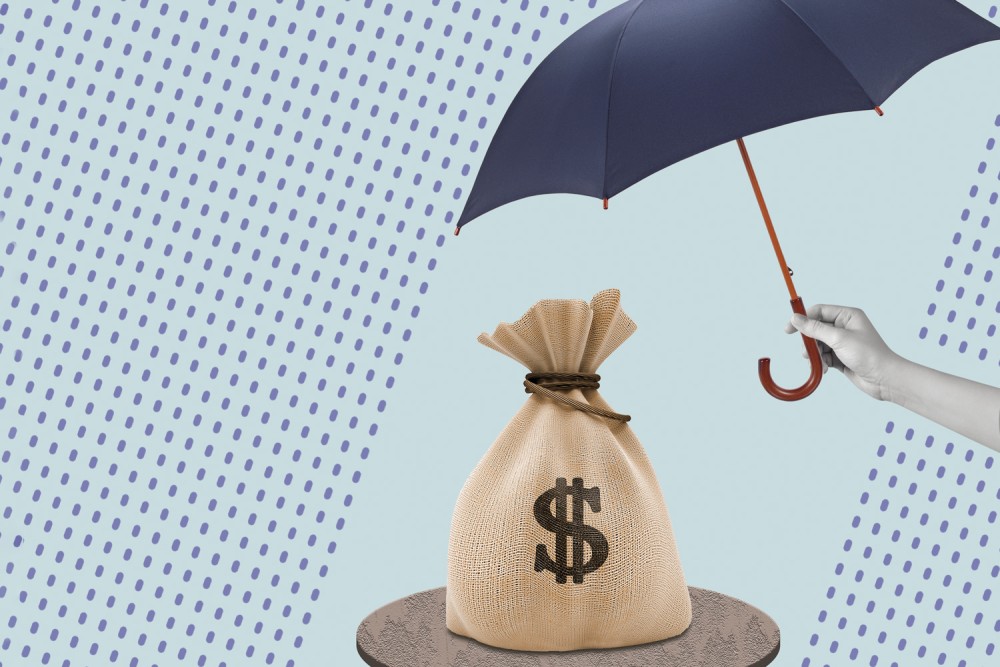Welfare for the wealthy
Half of all business meal expenses are tax deductible. This puts SNAP cuts in helpful perspective.

(Illustration by Olena Koliesnik / iStock / Getty)
I’ve noticed that whenever I write about privilege—advantages that have nothing to do with what I deserve or how hard I work—conservative critics let me have it. They’re ready to challenge any hint of a suggestion that their own economic status, religion, skin color, or educational background might confer similar unearned advantages on their lives. Preferring to believe that everyone exits the womb with equal opportunity, they dismiss the idea that tailwinds power large segments of their life while persistent headwinds thwart the advancement of other lives.
Once we confuse the benefits accompanying our unearned privilege with what we’re certain we deserve, it becomes easy to look down on others who struggle. We revert to a playbook that disparages the poor for being poor. We assume that income support to the needy generates indigence, that government funding of food and nutrition programs incentivizes laziness and creates a culture of dependency. Misleading stereotypes about the poor quickly lead to their harassment.
Many states require drug testing as a condition for receiving government benefits, even though welfare recipients are statistically no more likely to use drugs than the rest of the population. The Iowa legislature recently showed its disdain for the hungry by imposing the nation’s harshest restrictions on eligibility for the Supplemental Nutrition Assistance Program, a particularly cruel move in light of the state’s $1.91 billion budget surplus last year. These kinds of aggressive actions against people who receive public assistance point to willful blindness, arrogance, or meanness—maybe all three—on the part of those who live with enough.




